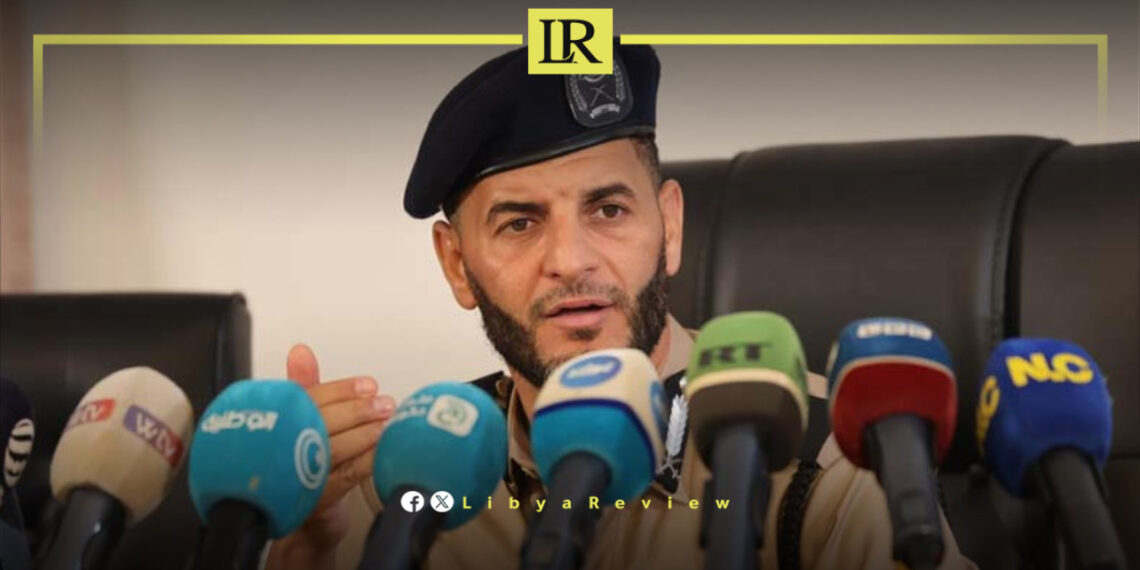On Saturday, Amnesty International voiced strong condemnation over recent statements by Libya’s Interior Minister Emad Al-Trabelsi, who announced plans to enforce a mandatory hijab, restrict gender interactions, and control hairstyles and clothing choices among Libyan citizens.
Amnesty called the minister’s remarks a “dangerous escalation” in repression, arguing that these policies violate Libya’s obligations under international human rights standards.
The organization urged Libya’s Government of National Unity (GNU) to abandon the proposed measures and focus instead on addressing the country’s broader human rights crisis.
Minister Al-Trabelsi’s statements included plans to activate a “morality police” tasked with enforcing dress codes, mandating hijab wearing, preventing mixed-gender social interactions, and restricting what he termed “improper behavior.” He specifically blamed an uptick in youth drug use for the need for stricter social controls, even suggesting that he would pursue “severe measures” regardless of their legal basis.
Amnesty International and other rights organizations are alarmed by Trabelsi’s comments, viewing them as an open invitation to arbitrary enforcement of restrictive policies, which could lead to increased detentions and other violations. Trabelsi’s rhetoric, critics say, singles out Libya’s youth, imposing on them strict social limitations that would damage individual freedoms and weaken Libya’s global image.
Libya has faced serious security and social challenges since the 2011 uprising, including a struggle for political stability and the rise of new social issues.
The GNU operates as a provisional authority amid competing factions and regional divisions. Many young Libyans lack educational or employment opportunities, and there has been an increase in substance abuse as a reaction to the prolonged instability.
In this fragile environment, some government officials have resorted to conservative policies as a form of social control, often justifying them as necessary for protecting public morals.
However, Amnesty and other rights groups contend that such policies can lead to authoritarianism. The idea of activating a “morality police” follows a model seen in certain other Middle Eastern countries, raising concerns that Libya may move away from a commitment to individual rights and democratic values.
Trabelsi’s remarks signal a shift that Amnesty International has warned could put the country on a dangerous path toward repression, especially if such policies lead to extrajudicial actions.
Amnesty International has called out Libya’s government for proposing measures that infringe on basic human rights and liberties, arguing that restrictions on dress and gender interactions are fundamentally incompatible with Libya’s obligations under international law.
Additionally, Trabelsi’s assertion that youth drug abuse is widespread, without offering concrete evidence, could perpetuate harmful stereotypes about Libyan youth.


